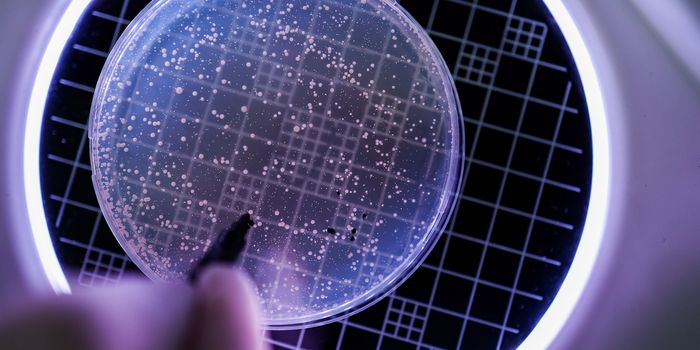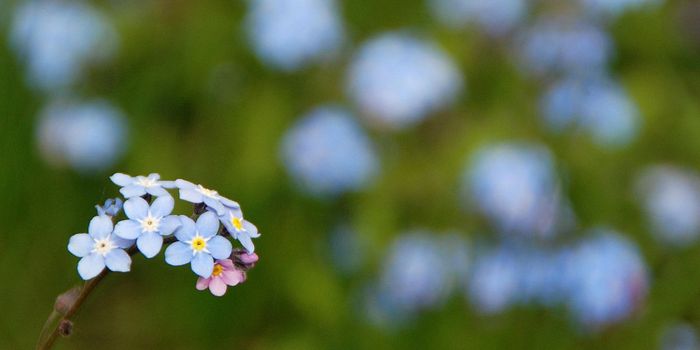Dietary Supplement Combats Drug Resistance in Advanced Breast Cancer

Alpelisib is a kinase inhibitor that has been approved in Switzerland to treat advanced breast cancer. Kinase inhibitors work by blocking enzymes known as kinase that speed up chemical reactions in the body by adding phosphates to other molecules such as sugars or proteins.
Alpelisib works by inhibiting the PI3k signaling pathway that is often overactive in breast cancer due to mutations promoting tumor development. The drug's efficacy, however, is limited in clinical use as tumors often develop resistance to it.
In the present study, researchers sought to find a genetic basis for why tumors become resistant to Alpelisib. After several experiments, they found that mutations that switched off production of the NF1 protein- known to suppress tumor growth- made tumors resistant to the drug.
From further tests, they found that loss of NF1 reduces energy production from mitochondria, and switches it to other pathways. To better understand how NF1 loss impacts drug resistance, the researchers conducted experiments using the antioxidant N-acetylcysteine on resistant cancer cells and Alpelisib due to its similar effects on energy metabolism. N-acetylcysteine is a well-known dietary supplement used to treat acetaminophen overdose and lung conditions such as chronic bronchitis.
The researchers expected N-acetylcysteine to produce similar effects as NF1 loss. However, rather than reducing Alpelisib’s function, N-acetylcysteine increased its ability to treat resistant cancer cells via another signaling pathway also involved in tumor growth.
The researchers noted that their results are highly relevant for clinical research. They hope that N-acetylcysteine could be used with Alpelisib to improve the treatment of advanced breast cancer. To this end, they also hope to run clinical studies with breast cancer patients to confirm whether the results translate to humans.
Sources: EurekAlert, Cell Reports Medicine








